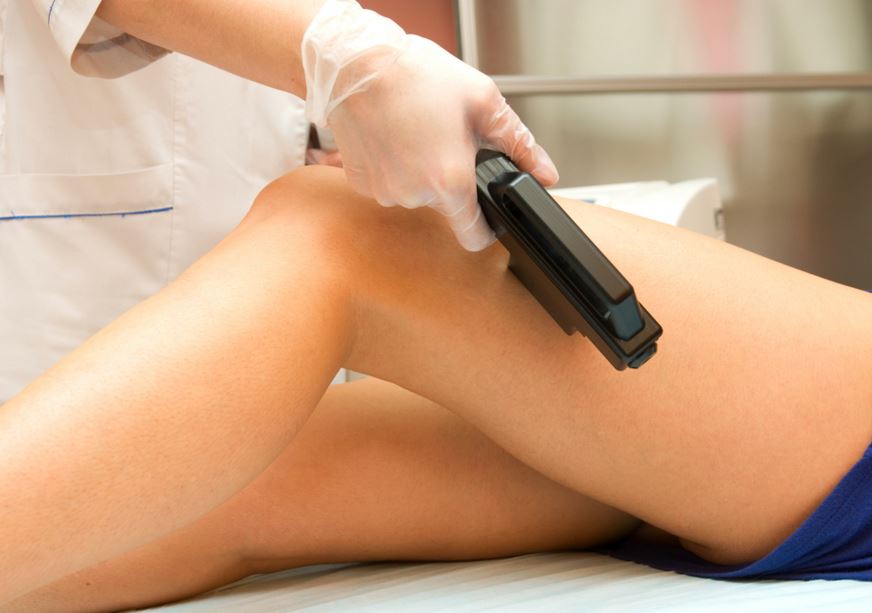Varicose Vein Treatment: What You Should Expect

If you suffer from varicose veins, you have probably considered undergoing treatment to relieve the discomfort associated with this disorder. If you’ve had enough pain, swelling and limitations imposed upon you by your varicose veins, it’s time to learn about the various treatments and the general process.

This procedure uses high-frequency radio waves to produce heat in order to shrink the characteristically loose, slack veins. The procedure for endovenous thermal ablation is:
This is an outpatient procedure that generally takes less than 3 hours. Patients, such as the clients at Ivein Vein Center, often experience up to a 95 percent success rate.
This in-office procedure in minimally invasive and takes about 2 hours to complete. During an ambulatory phlebectomy, the following takes place:
This procedure offers about a 90 percent success rate, and is an excellent option for patients who are not candidates for other forms of therapy.
This procedure utilizes a specially formulated injectable solution that causes the veins to become irritated. This causes a type of scarring, known as sclerosing, which closes off the affected vein and results in it being reabsorbed into the body. During sclerotherapy, the following can be expected:
This procedure requires no anesthesia. There is an 80 percent success rate with each injection therapy session, although multiple therapies may be needed to fully address all veins.
These commonly performed procedures are safe, performed in-office and require very little in the way of aftercare other than wearing a compression stocking for a short period of time. Your doctor can advise you upon individual rest requirements, but most people are active within the week following any of these therapies.
